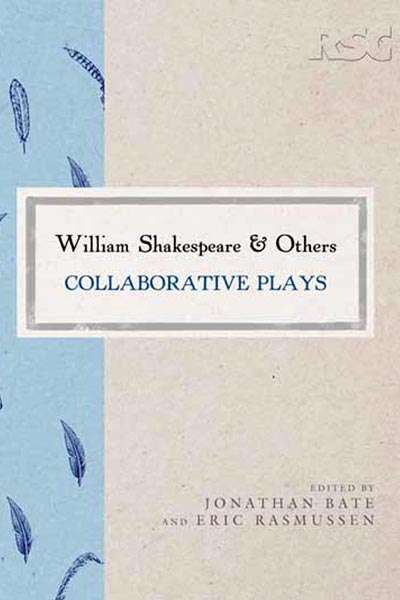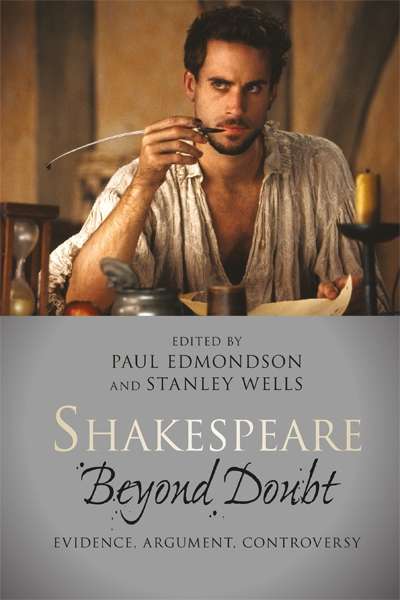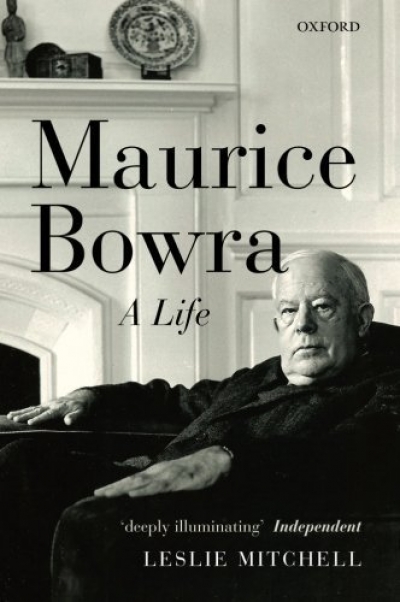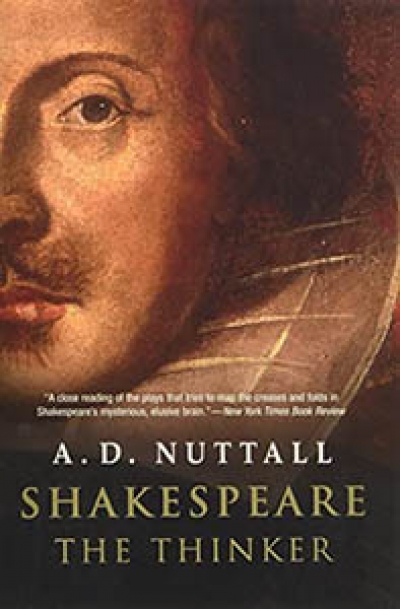Ian Donaldson
William Shakespeare and Others: Collaborative Plays edited by Jonathan Bate and Eric Rasmussen
by Ian Donaldson •
The Cambridge Edition of the Works of Ben Jonson edited by Ian Donaldson et al.
by Lisa Gorton •
Music at Midnight: The life and poetry of George Herbert by John Drury
by Ian Donaldson •
Shakespeare Beyond Doubt: Evidence, argument, controversy edited by Paul Edmondson and Stanley Wells
by Ian Donaldson •
Taking Stock: The Humanities in Australia edited by Mark Finnane and Ian Donaldson
by Robert Phiddian •
Shame and Honor: A Vulgar History of the Order of the Garter by Stephanie Trigg
by Ian Donaldson •










